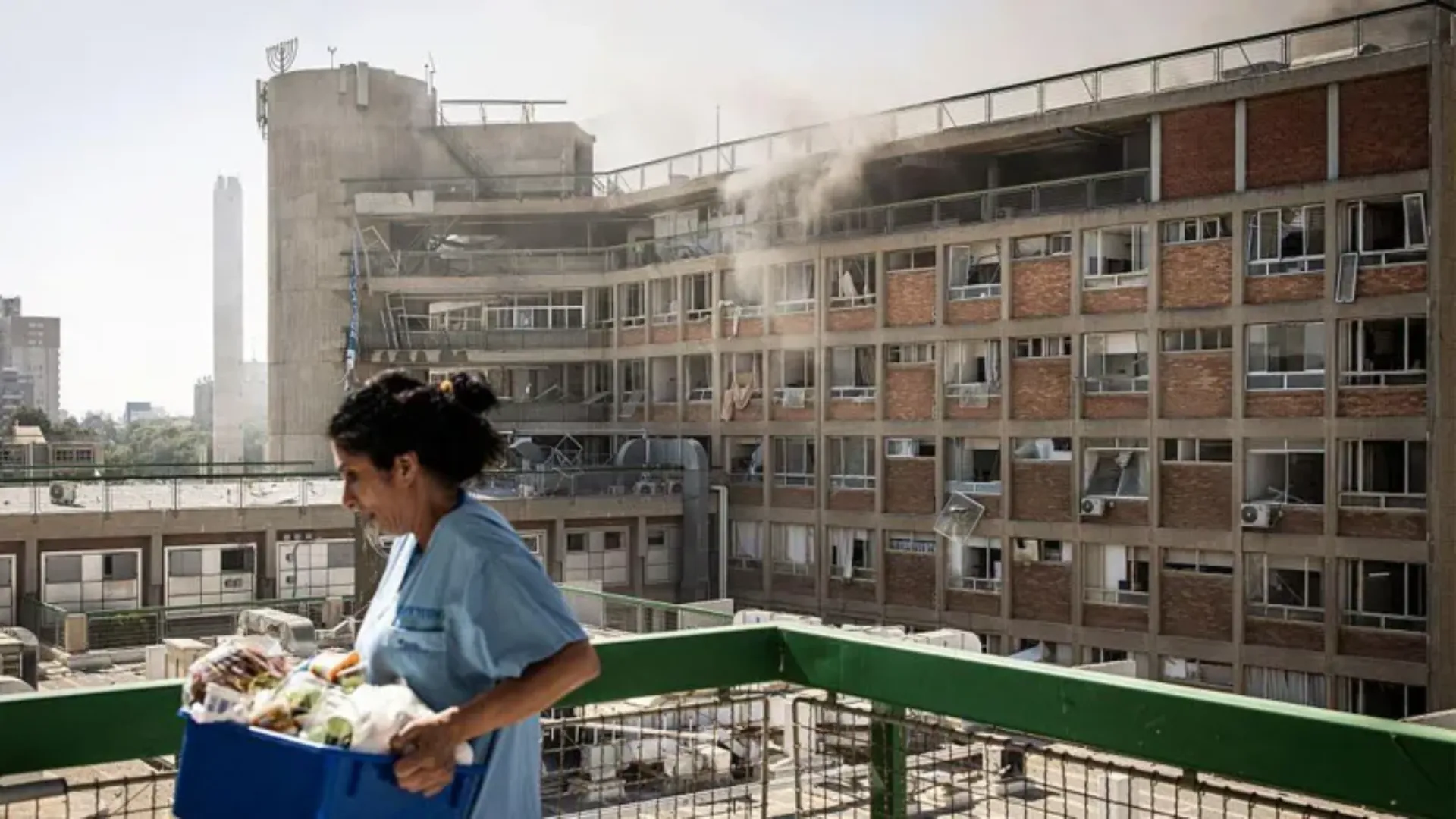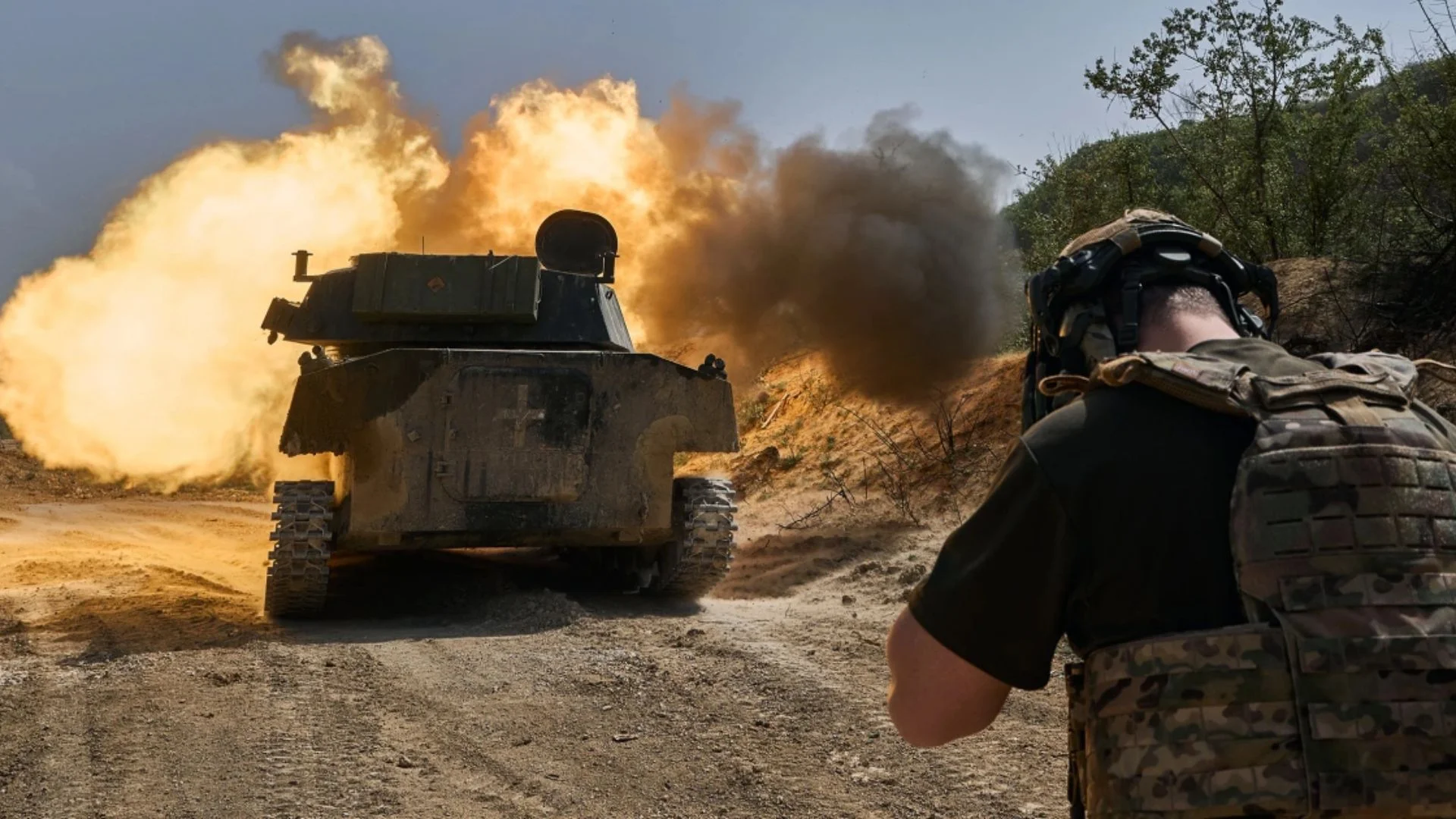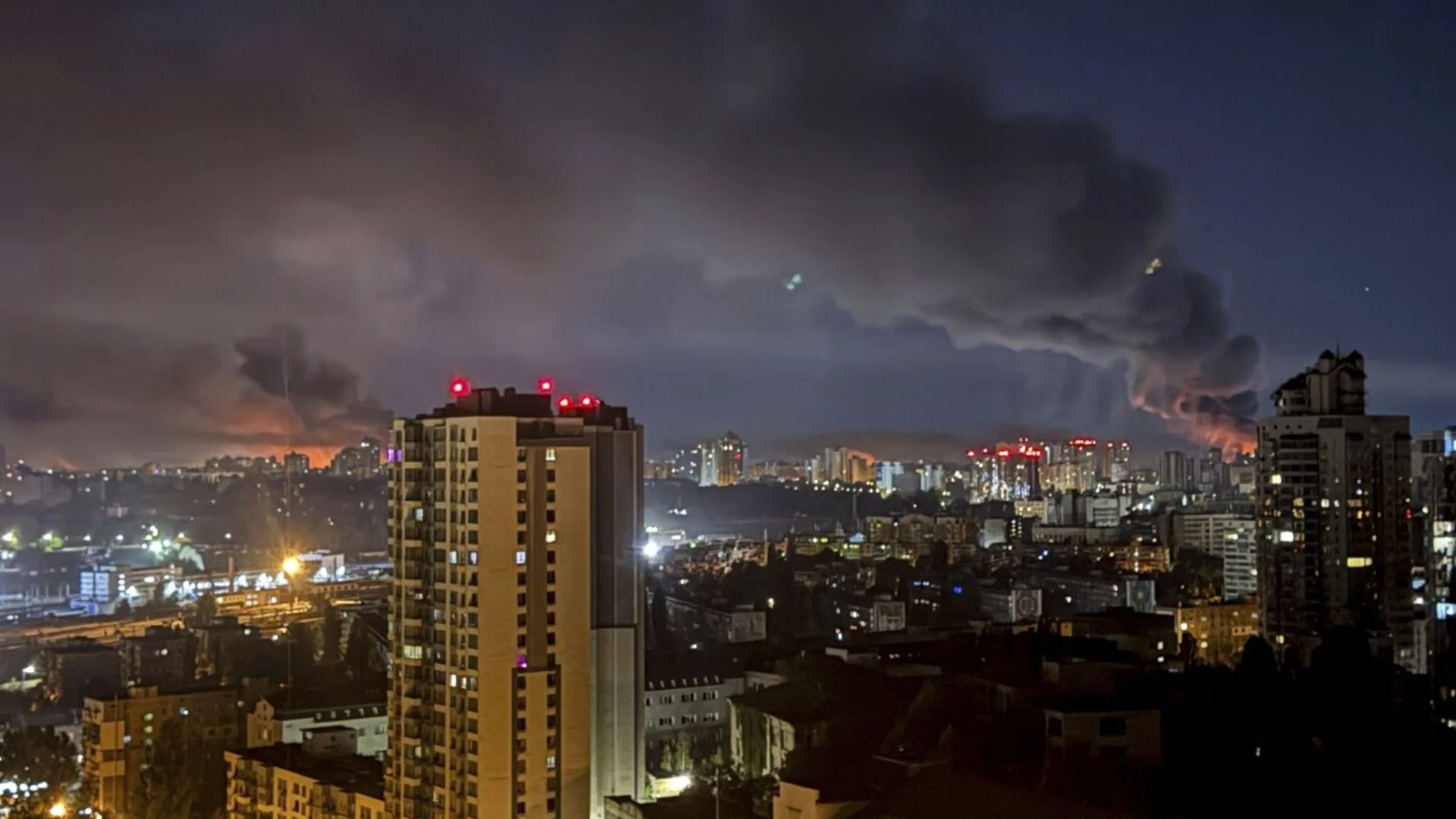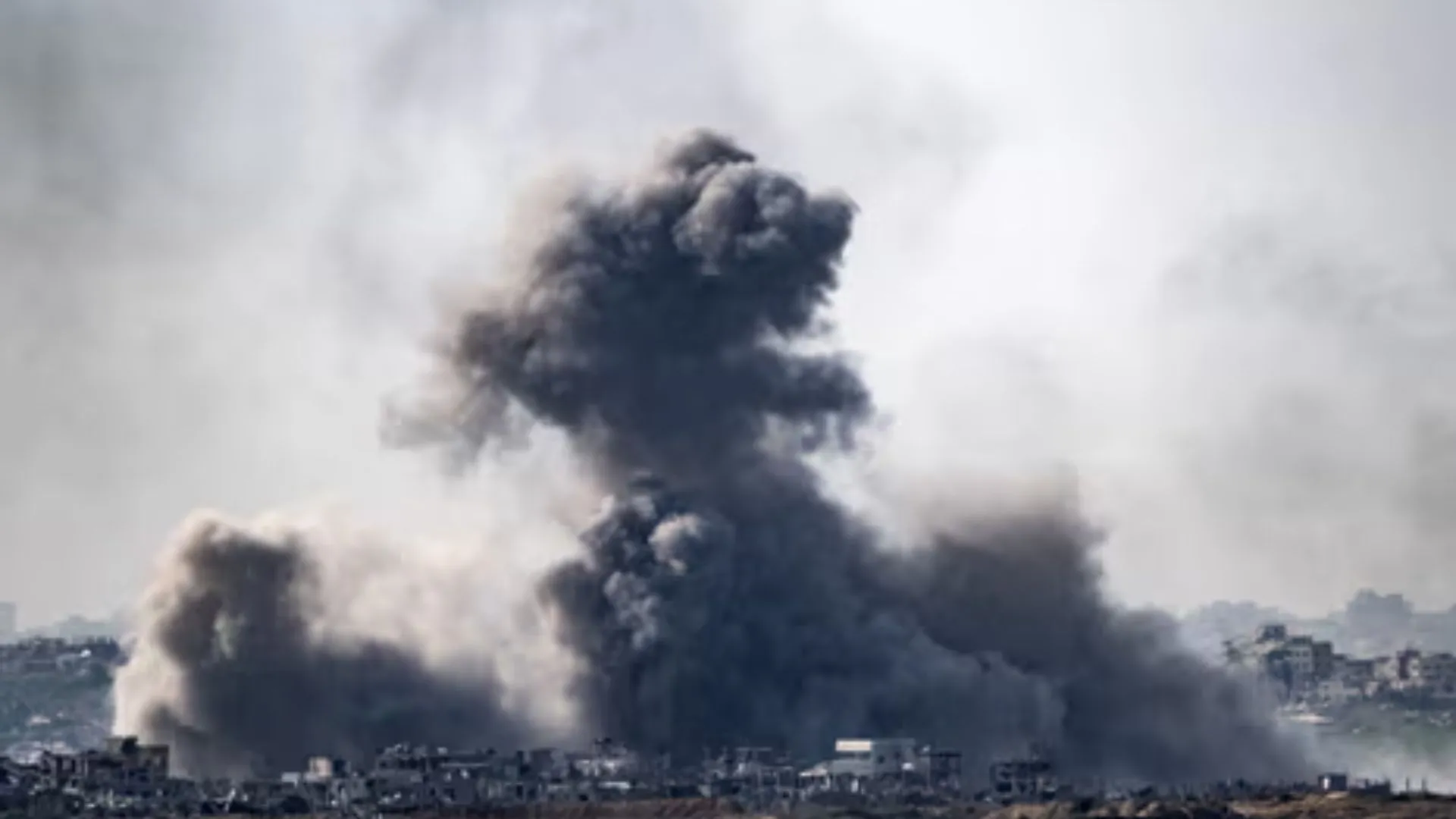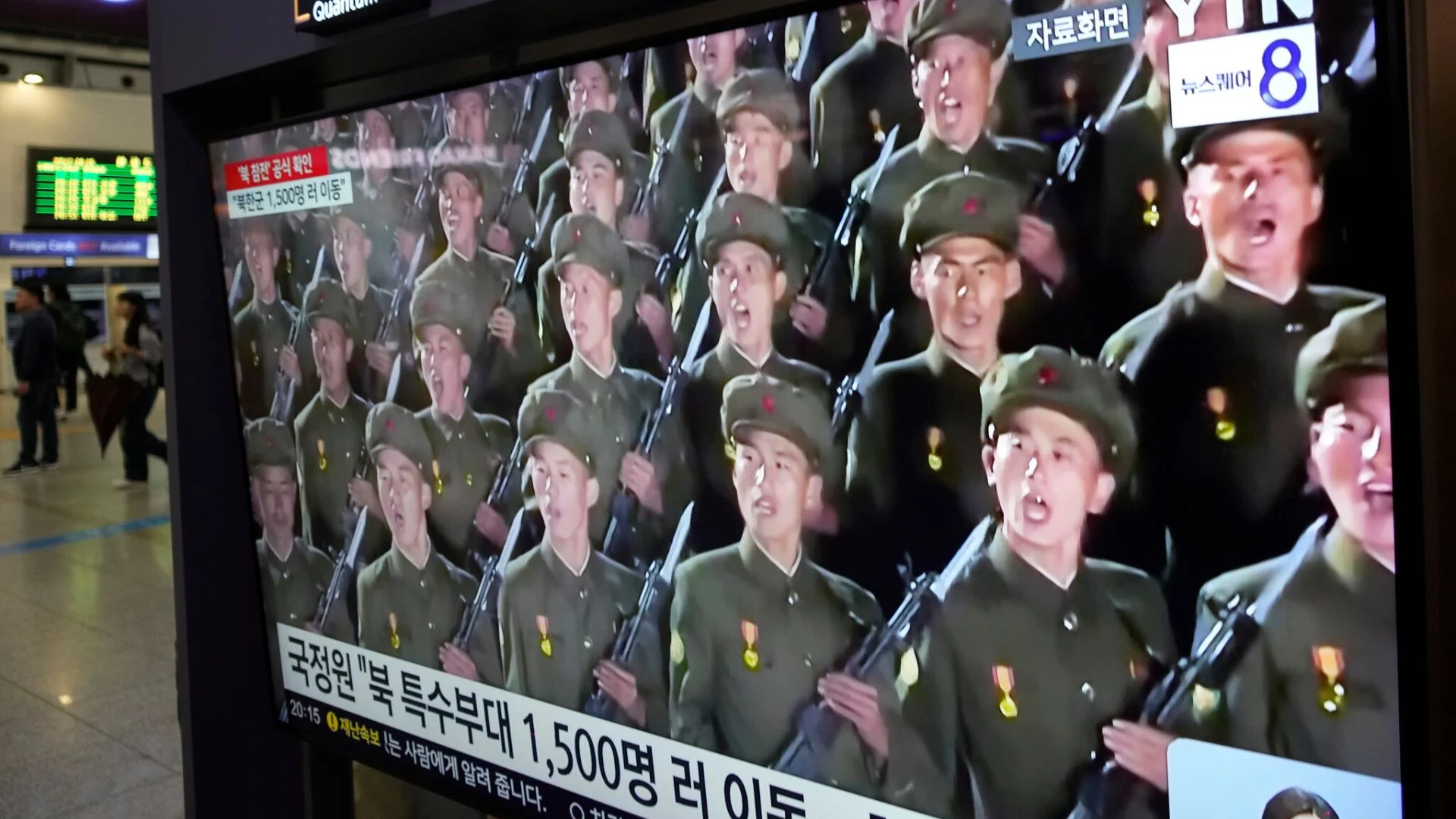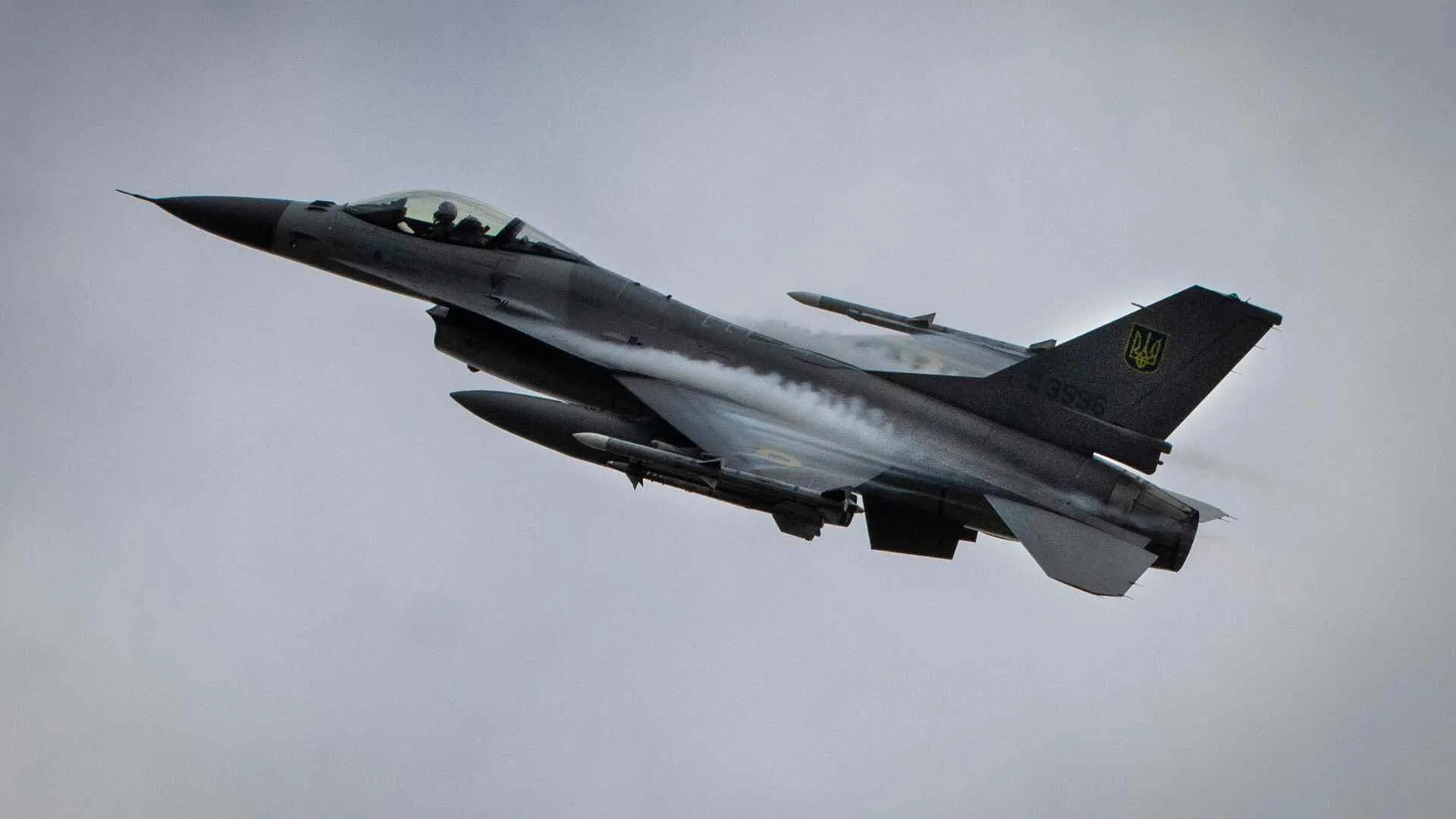The US entering Israeli strikes would be “hell for the whole region”, Iran’s deputy foreign minister has warned.
Saeed Khatibzadeh stated this is “not America’s war” and if US President Donald Trump does enter, he will forever be remembered as “a president who entered a war he doesn’t belong in”.
He declared US engagement would make the conflict a “quagmire”, perpetuate aggression and postpone the end of the “brutal atrocities”.
Missile Attacks and Rising Tensions
The remarks followed Iranian missile attack on the Soroka hospital in southern Israel. Iranian state media said the attack focused on a military location adjacent to the hospital, but not the hospital itself.
Israel’s Health Ministry reported 71 individuals were hurt in the assault on the Soroka Medical Centre.
In the meantime, Israel’s army stated it had struck Iran’s nuclear facilities such as the “inactive” Arak heavy water reactor and Natanz complex.
Tehran has not reported a casualty update in Iran from Israeli strikes.
US White House Awaits Trump’s Decision
The newest attacks occur at a pivotal moment. On Thursday, the White House announced Trump would determine if and how the US becomes directly involved in the conflict in the next two weeks.
Speaking in a interview Khatibzadeh insisted that “of course, diplomacy is the first option”, but said but while bombardment continues “we cannot start any negotiation”.
He repeatedly called Iran’s attacks on Israel “self defence under Article 51 of the UN Charter” and said “we were in the middle of diplomacy” when in a major escalation of the conflict on 13 June, Israel launched attacks on Iranian nuclear sites, killing several top generals and nuclear scientists.
Nuclear Deal Breakdown and US President Trump’s Role
The deputy foreign minister called the conflict “unprovoked” and “unnecessary”.
Responding to Trump‘s repeated comments that the conflict could have been avoided if Iran had accepted a nuclear deal, Khatibzadeh said they were negotiating until Israel “sabotaged” discussions by launching attacks Iran.
“We were planning to have the sixth round of nuclear talks in Muscat, and we were actually on the verge of reaching an agreement,” he said.
“President Trump knows better than anybody else that we were on the verge of reaching an agreement.”
Diplomatic Channels and Nuclear Allegations
He also condemned Trump’s “baffling and contradictory” Twitter posts and interviews, which he claimed suggested “that Americans have been aware and have participated” in the conflict.
US special envoy Steve Witkoff and Iranian Foreign Minister Abbas Araqchi have been reported to have talked on the phone multiple times since Friday, in an effort to secure a diplomatic resolution of the crisis, Reuters said.
Araqchi told Tehran would not resume negotiations until the attacks were halted by Israel, three diplomats told the news agency and requested not to be named because of the delicacy of the situation.
Israel has accused Iran of recently “steps to weaponise” its stockpile of enriched uranium, which can be utilized for nuclear bombs or power plants. Iran has forever maintained that its nuclear programme is purely peaceful.
IAEA Statement and Iran’s Response
On Friday, the International Atomic Energy Agency (IAEA) – the UN nuclear watchdog – reported that Iran had accumulated enough uranium enriched to 60% purity – a mere technical step from weapons grade, or 90% – to potentially produce nuclear bombs.
“This is nonsense,” Khatibzadeh said in response. “You cannot start a war based on speculation or intention.
“If we wanted to have a nuclear bomb, we would have had it way before.
“Iran has never developed any programme for nuclear weaponisation of peaceful nuclear activities. Bottom line.”
IAEA chief Rafael Grossi said that nuclear facilities “must never be attacked, regardless of the context or circumstances, as it could harm both people and the environment”.
G7 Summit and Prospects for Dialogue
Khatibzadeh also discussed potential diplomatic channels after a G7 summit in Canada.
He said: “What we are hearing from Europeans is that they would like to get back to diplomacy at a ministerial level”.
“They are going to have a meeting in Geneva and we are very much happy that finally they have to come and talk at the table about the issues at hand.”

